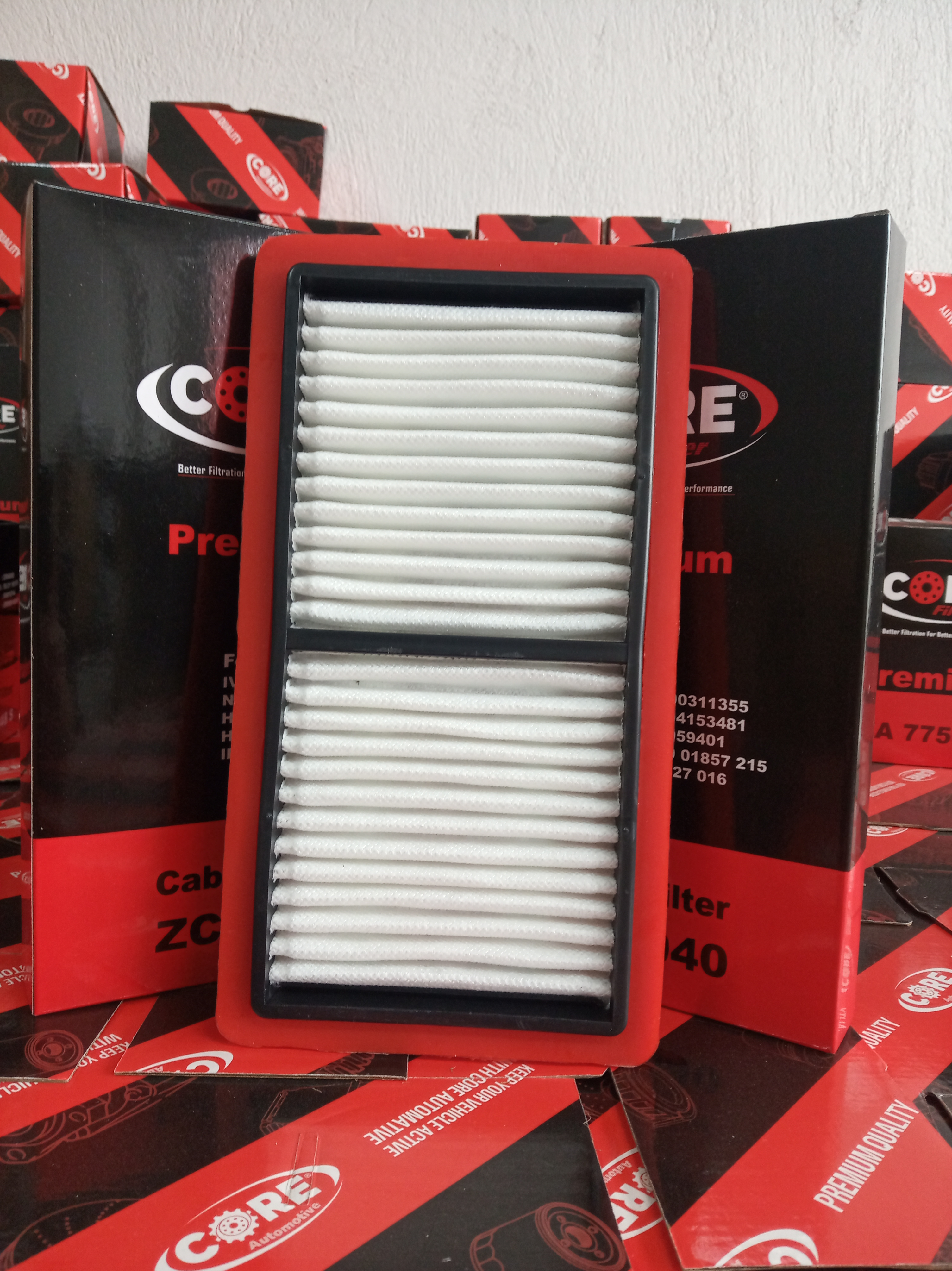For heavy vehicles to provide a comfortable and healthy journey for both drivers and passengers, the quality of the air inside the cabin is crucial. Cabin filters ensure this air is clean and healthy, protecting the comfort and health of those inside the vehicle. In this article, you will find detailed information about the importance, functions, and maintenance tips of cabin filters.
Cabin filters clean the air inside the vehicle by filtering out dust, pollen, dirt, and other harmful particles coming from the outside. This allows drivers and passengers to breathe clean air, making the journey more comfortable and healthy. Cabin filters are particularly important for individuals with allergic reactions.
Cabin filters capture contaminants and allergens in the air, preventing them from entering the vehicle. These filters clean the air passing through the ventilation and air conditioning systems, thereby improving the quality of the air inside. Additionally, cabin filters prevent unpleasant odors from spreading inside the vehicle.
Dirty and clogged cabin filters can cause various issues:
Regularly checking and replacing cabin filters is key to maintaining air quality inside the vehicle. Generally, cabin filters should be replaced every 15,000 to 20,000 kilometers. However, this interval may vary depending on your vehicle's operating conditions and the manufacturer's recommendations.
Cabin filters are critical for maintaining air quality and protecting the health of passengers inside the vehicle. Clean and well-maintained cabin filters provide a healthier and more comfortable environment inside the vehicle. Therefore, do not neglect the maintenance of your cabin filters; check them regularly and replace them when necessary.
At Corefilter, we offer high-quality and reliable solutions for heavy vehicle cabin filters. To maintain the air quality inside your vehicle and make your journey more comfortable, contact us and choose the cabin filters that meet your needs.
